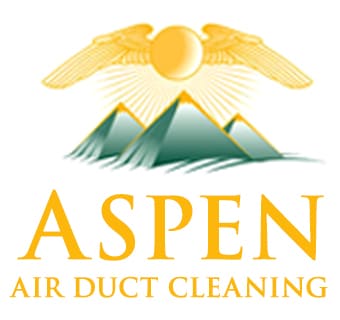4 Ways to Get the Best Indoor Air Quality
This article from Popular Mechanics brings us four fascinating tips on how to improve our indoor air quality.
Pollution doesn't exist solely outside your door. Inside your home, mold, mildew, dust, and odors can cause itchy eyes, scratchy throats, and headaches. According to the Indoor Air Quality Scientific Findings Resource Bank, mold is responsible for 4.6 million current cases of asthma and about 20 percent of other common respiratory infections.

Keep your home smelling fresh and your family breathing easy by following these simple tips.
Clean Heating and Cooling System Ducts Regularly
While they keep your home comfortable, heating and cooling systems also drop dust particles along duct walls. As part of your regular home maintenance routine, have the ducts professionally cleaned at least once every five years. Clean ducts not only increase ventilation and air circulation, they also reduce the level of dust, animal dander, and other allergens, remove carbon monoxide and nitrogen dioxide gases, and help to eliminate odors.
Choose the Right Filter for Your Heating and Cooling System
Pleated filters collect particles over a large surface area and have a MERV (Minimum Efficiency Reporting Value) rating of 1 to 4. These filters remove larger airborne particles such as dust, pollen, cockroach allergens, and pet dander and must be changed monthly.
Media and electrostatic filters have a MERV of 5 to 13 and remove larger airborne particles along with smaller particles including viruses, bacteria, and mold spores. These filters provide adequate filtration for most homes and you'll only have to change them every three months.
High-efficiency filters and HEPA (High Efficiency Particulate Air) filters have a MERV of 14 to 16 and are best used when someone in the home has severe allergies or a compromised immune system. Change these filters monthly for the best results.
Use an Indoor Air Cleaner for Tough Allergen Problems
When allergens are difficult to control with ordinary heating and cooling filters, an air-cleaning device can be beneficial. Portable cleaners can be used in homes that don't have heating or cooling systems. These units either use ultraviolet radiation to destroy viruses and bacteria or produce ozone that turns pollutants into harmless substances.
To keep your entire home fresh, an HVAC professional can upgrade your heating and cooling system with more efficient filters and add cleaning devices in the ductwork. These whole-house air cleaners use ultraviolet lamps, gas-phase filters, and electrostatic precipitators to capture mold, pollen, dust mites, pet dander, bacteria, and viruses.
Open the Windows and Let Your Home Breathe
Use spot ventilation systems in wet and enclosed areas. When taking showers or washing laundry, turn on ceiling or stand-alone fans to keep bathrooms, basements, and laundry rooms dry. While frying foods or boiling water, turn on kitchen fans that exhaust to the outside to remove odors and humidity.
Finally, on those sunny days when the weather is warm and dry, open the windows. Letting the breeze circulate through your home lowers indoor humidity and removes stale smells.
